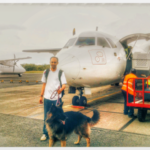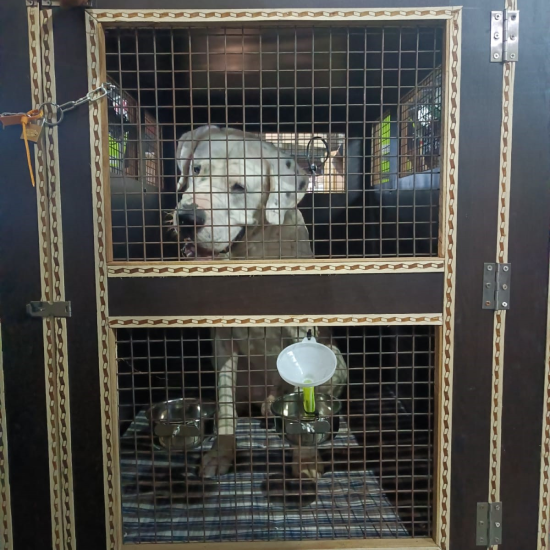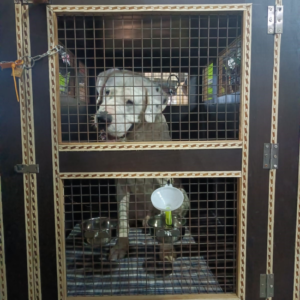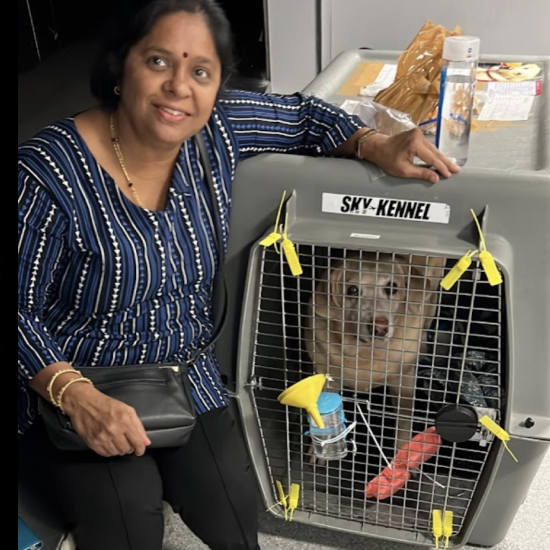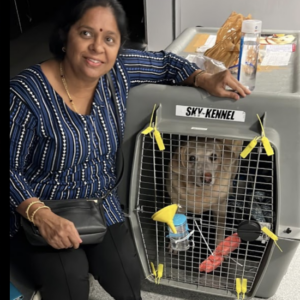Isheeta & Vineet

Isheeta & Vineet
Moved with Myra from Bangalore to Singapore
I recently had the pleasure of utilizing Anvis pet relocation services for the relocation of my beloved pet from Bangalore to Singapore, and I must say it was an outstanding experience from start to finish. Relocating a pet internationally can be a daunting and stressful task, but Anvis Pet relocation made it as smooth and stress-free as possible. Here’s my review of their exceptional services:Preparation and Documentation (5/5): The relocation process began with a comprehensive consultation where Anvis team assessed my pet’s specific needs, including vaccinations, microchipping, and quarantine requirements for Singapore. They provided a clear and detailed checklist, ensuring that all necessary documentation and permits were in order. Their knowledge of international regulations put my mind at ease.
Pet Comfort and Safety (5/5): Aniv’s team went above and beyond to ensure the comfort and safety of my pet during the journey. They provided a comfortable travel crate tailored to my pet’s size and needs, along with essential accessories like food and water bowls.
Customer Support (5/5): Throughout the process, Anvis customer support was exceptional. They were always responsive, patient, and willing to address any questions or concerns I had. Their dedication to excellent customer service truly sets them apart.
Affordability (4/5): While the service provided by Anvis Pet Relocation is top-notch, it’s worth noting that international pet relocation can be relatively expensive. However, the peace of mind and the seamless experience they offer are well worth the investment.
In conclusion, I wholeheartedly recommend Anvis Pet Relocation for anyone planning to move their pet from Bangalore to Singapore or any other international destination. Their commitment to pet welfare, expertise in international regulations, and exceptional customer service make them the ideal choice for pet owners looking for a stress-free and safe relocation experience. Thanks to Anvis my pet arrived in Singapore healthy and happy, and I couldn’t be more grateful for their support. They truly exceeded my expectations, and I will forever be thankful for their exceptional service.







